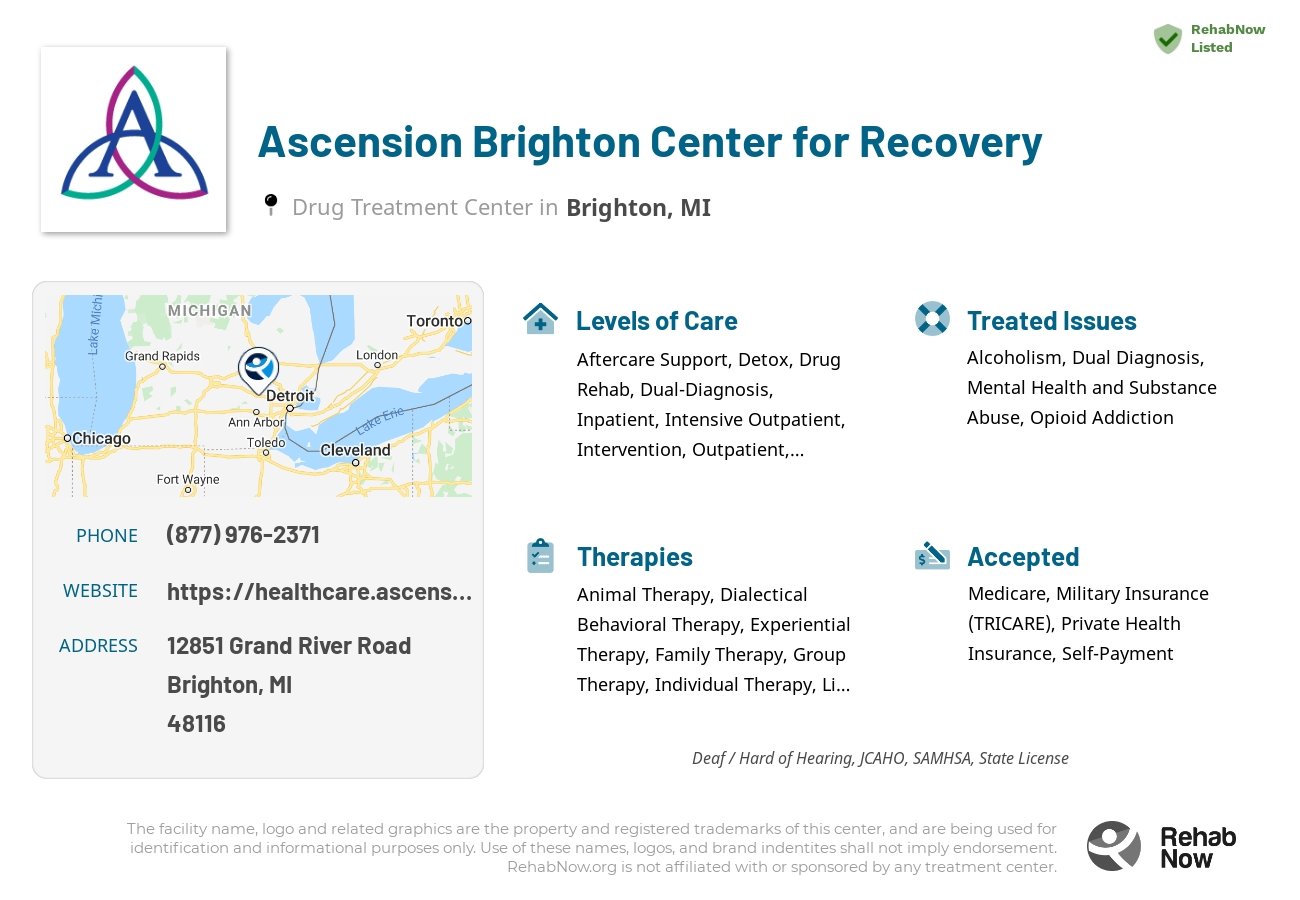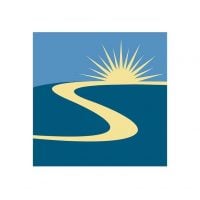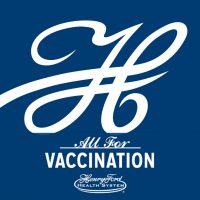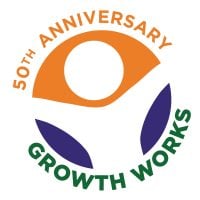Ascension Brighton Center for Recovery
Drug Rehab Center in Brighton, Michigan
Ascension Brighton Center for Recovery provides personalized, comprehensive treatment for opioid addiction and substance abuse in Brighton, MI, using a variety of methods and treatments including 12-Step facilitation, cognitive-behavioral treatment, and family therapy.
About This Brighton, MI Facility
Ascension Brighton Center for Recovery provides comprehensive treatment for opioid addiction, substance abuse, and drug addiction in Brighton, MI. They specialize in providing a variety of care levels, ranging from detox and inpatient services, to aftercare and intensive outpatient services. Each level of care is personalized to the needs of each patient they serve.
The center uses a variety of methods and treatments to help patients overcome their addictions, such as 12-Step facilitation, cognitive-behavioral treatment, dialectical-behavioral therapy, couples therapy, family therapy, and trauma therapy. Patients also have access to education services for HIV/AIDS and hepatitis. Additionally, the center is accredited by the Joint Commission on Accreditation of Healthcare Organizations (JCAHO) and accepts private health insurance. They are dedicated to helping individuals and their families successfully navigate the process of recovery.
Genders
Ages
Modality
Additional
Accreditations

JCAHO
Conditions and Issues Treated
Rehab centers exist in Brighton, MI to help individuals bounce back from substance abuse, which is an umbrella term for drug and alcohol addiction. Drug addiction refers to the use of illegal drugs and improper use of prescription drugs. Centers like Ascension Brighton Center for Recovery provide individuals a chance to access individual and group therapy that can be monumental for recovery.
Substance abuse includes all problems that stem out from using various psychoactive substances. It is also a diagnostic term used by Diagnostic and Statistical Manual of Mental Disorders (DSM-IV) to define the mental and physical impairment or distress caused by misuse and overuse of certain substances in a period of 12 months.
Opioid addiction involves addiction to legal or illegal opioids. It may happen very quickly with any opioid use. Sometimes within a matter of days. Opioid addiction is a known as a high-risk factor for future heroin addiction.
Opioid withdrawal can be extremely uncomfortable and lead the user to continue to use even if they want to quit. Stopping using an opioid requires careful medical observation. Sometimes the withdrawal can persist for many weeks, which can put the user at a high risk for relapse.
It is recommended to receive inpatient treatment and a medically supervised detox like those offered at Ascension Brighton Center for Recovery in Brighton, MI, MI, to manage the withdrawal process while learning lasting tools to maintain recovery. In some circumstances medications can be used to manage opioid addiction.
Levels of Care Offered
This center offers a variety of custom treatment tailored to individual recovery. Currently available are Aftercare Support, Detox, Drug Rehab, Inpatient, Intensive Outpatient, Outpatient, Partial-Hospitalization, Residential, with additional therapies available as listed below.
Detoxification is a process that allows the patient to stop using opioids without experiencing severe withdrawal symptoms. This can be necessary for those who have been addicted for a long period of time or who are struggling with chronic pain.
During this process, addicts will receive medication and psychological support from doctors and other medical professionals until they can control their cravings.
Inpatient rehab is intended to treat severe addictions and co-occurring disorders. The length of stay in Michigan varies from four weeks to six months according to the individual needs. Inpatient rehab ensures that the patient stays in a substance-free environment at Ascension Brighton Center for Recovery.
Intensive outpatient programs mostly conduct meetings on weekdays. Group therapy is the main element in most intensive outpatient programs. Most IOPs last for about 90 days and include drug use monitoring and testing. A Michigan IOP, like what’s offerd at Ascension Brighton Center for Recovery, take much more time than a standard outpatient program. Some programs offer other services as well, such as employment assistance and medication management.
Outpatient treatment can be considered the lowest intensity level of addiction treatment in Brighton, MI. It is ideal for early phase addiction or lower intensity addictions. Ascension Brighton Center for Recovery peer group support, 12-step programs, and individual counseling may still be involved.
Partial hospitalization programs offer another level of addiction treatment at Ascension Brighton Center for Recovery. It is another way to receive a significant amount of treatment while decreasing the time commitment and cost. It can be a good option for stepping down from inpatient treatment in anticipation of a fully independent life in Brighton, MI.
Residential treatment programs are those that offer housing and meals in addition to substance abuse treatment. Rehab facilities that offer residential treatment allow patients to focus solely on recovery, in an environment totally separate from their lives. Some rehab centers specialize in short-term residential treatment (a few days to a week or two), while others solely provide treatment on a long-term basis (several weeks to months). Some offer both, and tailor treatment to the patient’s individual requirements.
After treatment, addiction treatment can be frightening for newly sober people. Aftercare support provided by Ascension Brighton Center for Recovery is designed to give resources and help on a continued basis. It can involve finding housing in and around Michigan, setting up 12-step meeting groups, continued medical monitoring, and counseling.
Ascension Brighton Center for Recovery‘s Therapies & Programs
Couples therapy is an approach wherein the patients and their partners are engaged together as a part of the treatment process. When a person becomes a victim of substance abuse, it affects the patient and the people around him, particularly his partner. Their relationship can become strained due to lack of communication, financial issues, loss of trust, lack of intimacy, and physical abuse in more severe cases.
Couples therapy addresses these issues and tries to rebuild the trust between the partners. The partner’s involvement in the process will result in greater chances of treatment success and sustained recovery.
Family therapy is a set of therapeutic approaches that assumes that the entire family is a system. It utilizes the strengths and resources of the family to help the patient refrain from resorting to substance abuse. It helps to repair relationships and improve communication between family members.
Group therapy happens at Ascension Brighton Center for Recovery in a controlled group environment, as opposed to a one-on-one setting. It supports Brighton, MI patients’ recovery by offering a sense of comfort and letting them know that they are not alone. Through shared conversations, patients also learn to develop faith and understanding and gain insight on their addictions.
Unresolved trauma is often a key reason why many patients resorted to substance abuse. Trauma therapy refers to treatment wherein specialist therapists help the patients to resolve the trauma that led the patients to substance abuse. The trauma could be physical abuse, sexual abuse, war, natural disasters, divorce, accident, loss of a loved one, etc. Thinking of these traumatic events causes emotional disturbances like anxiety, depression and results in addiction. If trauma is the primary cause of substance abuse, then both issues must be addressed. Otherwise, there is a risk of relapse. Trauma therapy also improves the cognitive functions and provides long term benefits.
Dialectical Behavior Therapy (DBT) is an improved version of Cognitive Behavioral Therapy (CBT). DBT is a treatment of choice for people suffering from self-harming behaviors characterized by cutting and suicidal thoughts or inclinations.
This treatment is developed to help individuals recognize their thought patterns, behaviors, and feelings. It has demonstrated its effectiveness for people that are finding it difficult to control their emotions and urges. Conditions such as obsessive-compulsive disorder and borderline personality disorder also benefit from DBT as it imparts individuals stress-management techniques and enhanced self-esteem so they can sustain their sobriety by reducing the impact of triggers and out-of-control emotions.
Cognitive behavioral therapy (CBT) is a way of addressing concerns through talking. It can be used in individual counseling sessions. Talking through issues with professionals at Ascension Brighton Center for Recovery can identify sources of discomfort or unhealthy thoughts. It is a way of learning about yourself and your individual perceptions. CBT is a healthy way of addressing some behaviors which may be bringing unintended consequences in your life.
Contingency management is a way to help motivate someone to remain substance free. It is a process of rewarding positive choices and good outcomes. As humans we are wired to recreate experiences that lead to positive feelings. Through this method incentives are used for completing positive steps towards a sober life. This may be a reward for attending meetings, remaining sober or for employment goals.
Payment Options Accepted
For specific insurance or payment methods please contact us.
Is your insurance accepted?
Ask an expert, call (888) 674-0062
Additional Details
Specifics, location, and helpful extra information.
Brighton, Michigan 48116 Phone Number(810) 227-1211 Meta DetailsUpdated November 25, 2023
Staff Verified
What else do people call Ascension Brighton Center for Recovery?
People have occasionally also searched for “Brighton Hospital Chemical Dependency Treatment Programs in Michigan”
Patient Reviews
There are no reviews yet. Be the first one to write one.
Brighton, Michigan Addiction Information
Michigan has the second-highest rate of drug and alcohol abuse in the nation. Heroin is linked to more than 50% of the state's hepatitis C cases. Marijuana is the drug most often associated with crimes in Michigan, followed by methamphetamines. Opioids alone are responsible for almost 20% of all drug overdose deaths in Michigan.
In Brighton, Michigan, 15% of residents live with alcohol or drug abuse problems. Prescription painkiller overdoses have increased by 400% since 1999. 5.6% of high school seniors report abusing prescription painkillers. In 2012 there were 11,570 emergency room visits due to the use of illicit drugs like heroin and cocaine. There are a variety of drug treatment centers in Brighton. Some facilities offer inpatient treatment, while others offer outpatient treatment.
Treatment in Nearby Cities
- Coldwater, MI (77.9 mi.)
- Romulus, MI (25.6 mi.)
- Ontonagon, MI (408.3 mi.)
- West Branch, MI (124.6 mi.)
- Three Oaks, MI (157.5 mi.)
Centers near Ascension Brighton Center for Recovery
The facility name, logo and brand are the property and registered trademarks of Ascension Brighton Center for Recovery, and are being used for identification and informational purposes only. Use of these names, logos and brands shall not imply endorsement. RehabNow.org is not affiliated with or sponsored by Ascension Brighton Center for Recovery.












